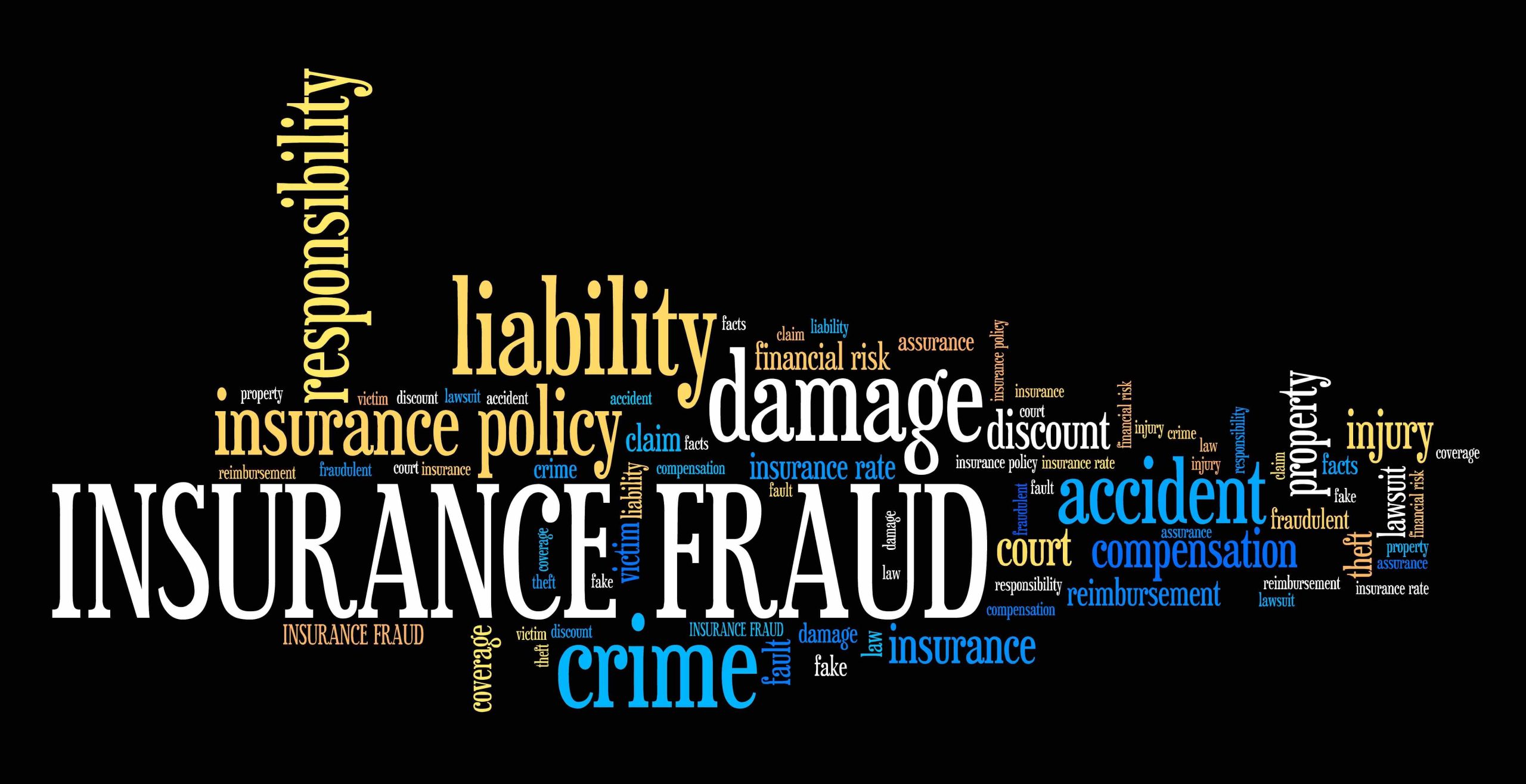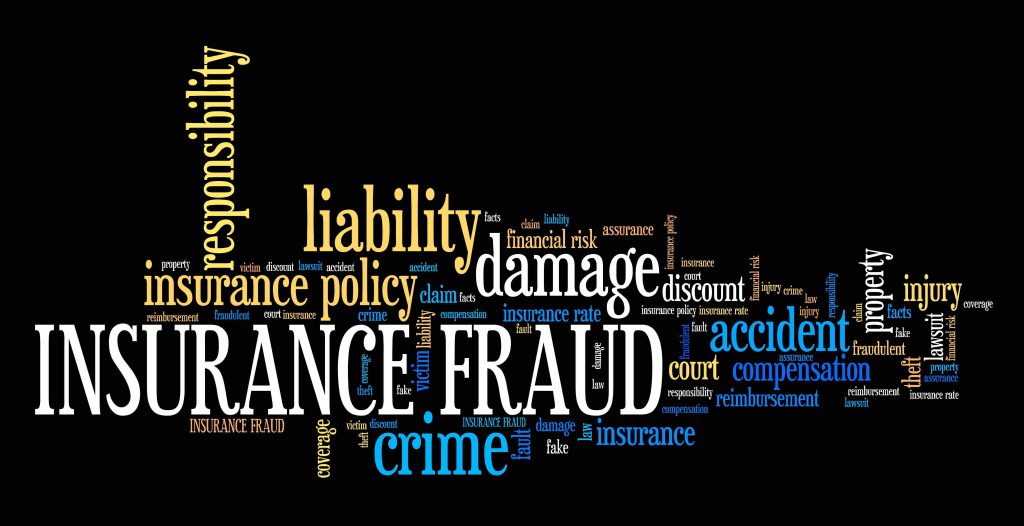Insurance Fraud Investigator in Canada
Insurance fraud is a significant issue in Canada, leading to substantial financial losses for insurance companies and higher premiums for consumers. To combat this problem, insurance companies employ specialized professionals known as insurance fraud investigators. These investigators play a crucial role in identifying and investigating fraudulent insurance claims, gathering evidence, and supporting legal actions against fraudsters. If you have a keen eye for detail, strong analytical skills, and a passion for justice, a career as an insurance fraud investigator might be the right path for you. In this article, we will explore the steps and requirements to become an insurance fraud investigator in Canada, including education and training, relevant skills and qualifications, licensing and certification, and potential career prospects.

- Obtain the Required Education – To become an insurance fraud investigator in Canada, a solid educational foundation is essential. Most employers prefer candidates with a post-secondary education in a relevant field such as criminology, criminal justice, forensic science, or a related discipline. Pursuing a degree or diploma program in these areas provides you with a comprehensive understanding of investigative techniques, legal principles, and the psychology of fraud. Additionally, courses in insurance principles and fraud detection can be beneficial in gaining specialized knowledge related to the field.
- Gain Relevant Experience – While formal education is essential, practical experience is equally valuable in the field of insurance fraud investigation. Seek opportunities to gain experience through internships, cooperative education programs, or entry-level positions within insurance companies, law enforcement agencies, or investigative firms. Such experiences allow you to develop practical skills in evidence gathering, surveillance techniques, interviewing, and report writing. Furthermore, they provide insight into the specific challenges and nuances of investigating insurance fraud.
- Develop Key Skills and Qualities -Successful insurance fraud investigators possess a set of skills and qualities that are crucial for the job. These include strong analytical and critical thinking skills, attention to detail, excellent communication and interpersonal skills, and the ability to work independently as well as part of a team. Investigators must be able to gather, analyze, and interpret complex information, conduct thorough investigations, and present their findings effectively. Additionally, ethical conduct, integrity, and a commitment to upholding the law are essential qualities for insurance fraud investigators.
- Obtain Licensing and Certification – In Canada, licensing and certification requirements for insurance fraud investigators vary by province. Some provinces require individuals working in the insurance industry, including fraud investigators, to hold a valid insurance adjuster’s license. The specific licensing requirements and processes can be obtained from the insurance regulatory authority in your province. Additionally, professional certification from organizations such as the Canadian Certified Insurance Investigator (CCII) or the Certified Fraud Examiner (CFE) can enhance your credentials and demonstrate your expertise in insurance fraud investigation.
- Stay Updated on Laws and Regulations – Insurance fraud investigators must stay abreast of the evolving laws, regulations, and industry practices related to insurance fraud. Attend industry conferences, workshops, and seminars to stay updated on emerging trends, investigative techniques, and legal developments. Engage in continuing education opportunities to enhance your knowledge and skills in the field. This continuous learning ensures that you remain current with best practices and maintain a competitive edge as an insurance fraud investigator.
- Consider Specialization and Advancement – As you gain experience and expertise in insurance fraud investigation, you may consider specializing in specific areas such as auto insurance fraud, workers’ compensation fraud, or health insurance fraud. Specialization can provide you with a deeper understanding of the particular fraud schemes and investigative techniques associated with that area. Additionally, advancement opportunities may exist within insurance companies, law enforcement agencies, or private investigation firms, where you can take on leadership roles or mentor junior investigators.
- Network and Build Professional Relationships – Networking is crucial in any profession, and insurance fraud investigation is no exception. Attend industry events, join professional associations, and connect with fellow investigators, insurance professionals, and law enforcement personnel. Building a strong professional network can open doors to job opportunities, provide mentorship, and facilitate knowledge sharing. Additionally, networking allows you to stay informed about industry trends and developments, further enhancing your professional growth and success as an insurance fraud investigator.
Becoming an insurance fraud investigator in Canada requires a combination of education, experience, skills, licensing, and ongoing professional development. By obtaining the necessary education, gaining relevant experience, and developing key skills and qualities, you can position yourself for a successful career in insurance fraud investigation. It is important to stay updated on laws and regulations, consider specialization, and leverage networking opportunities to advance your career. As an insurance fraud investigator, you will play a crucial role in combating fraud, protecting the interests of insurance companies, and maintaining the integrity of the insurance industry in Canada.

